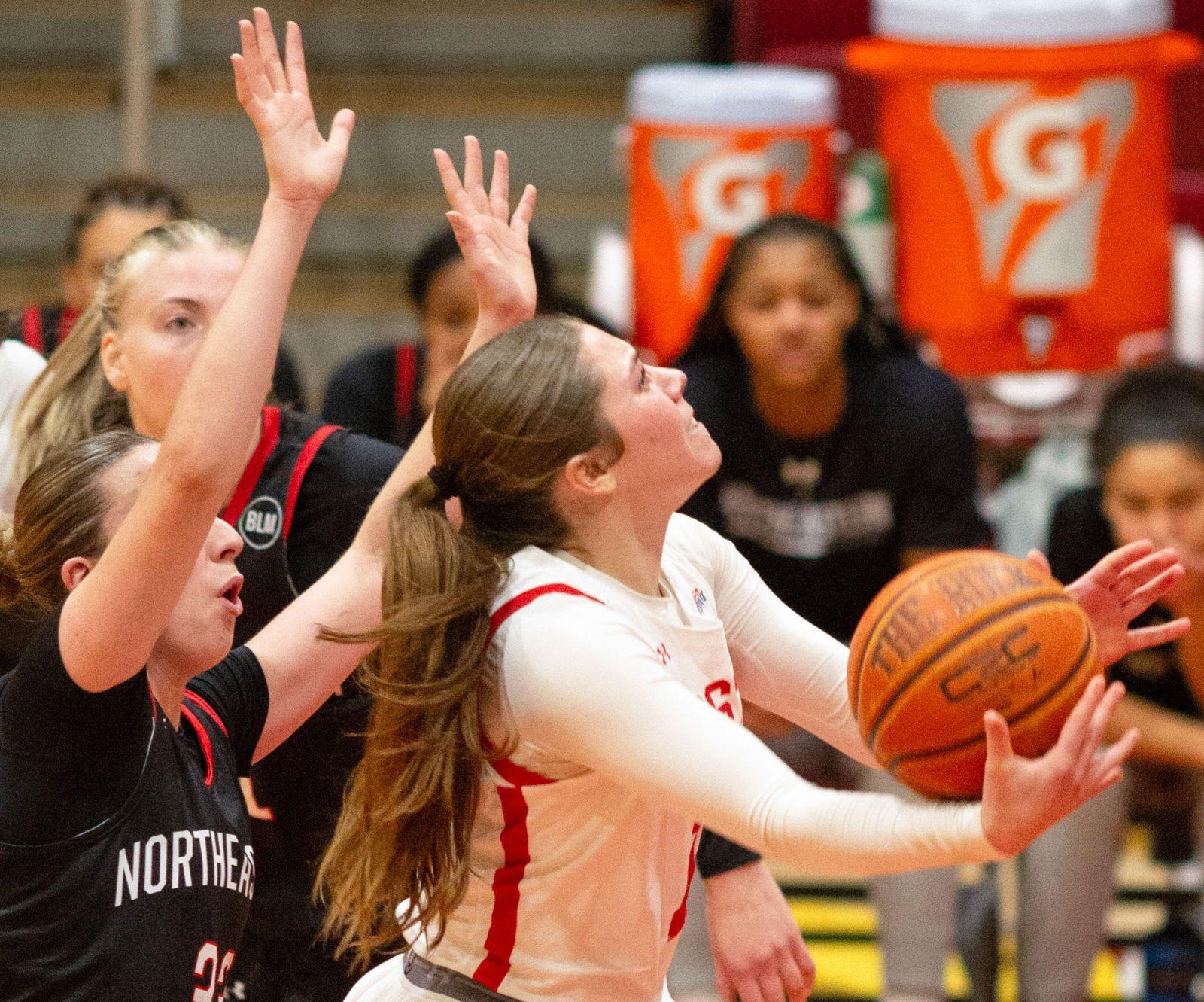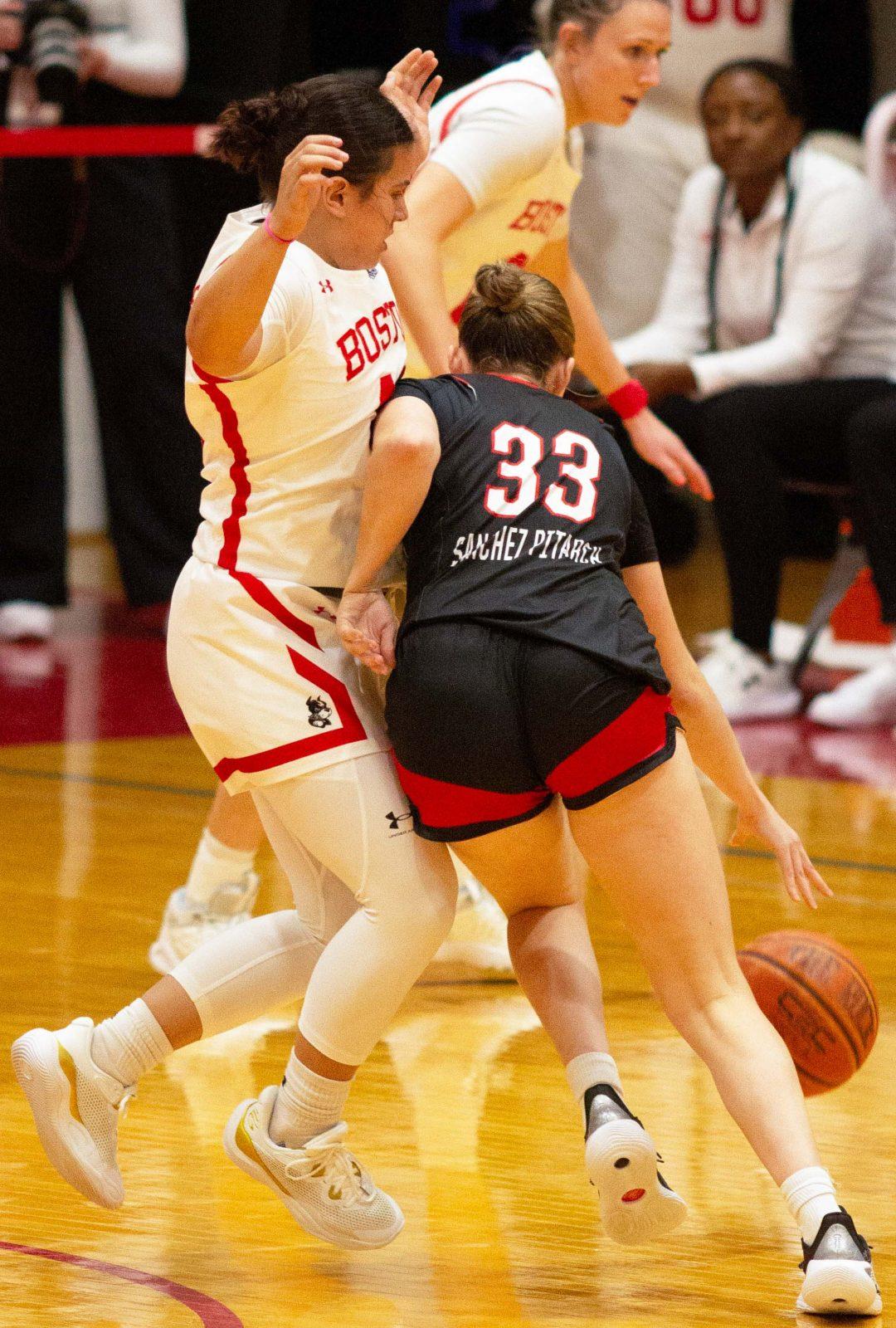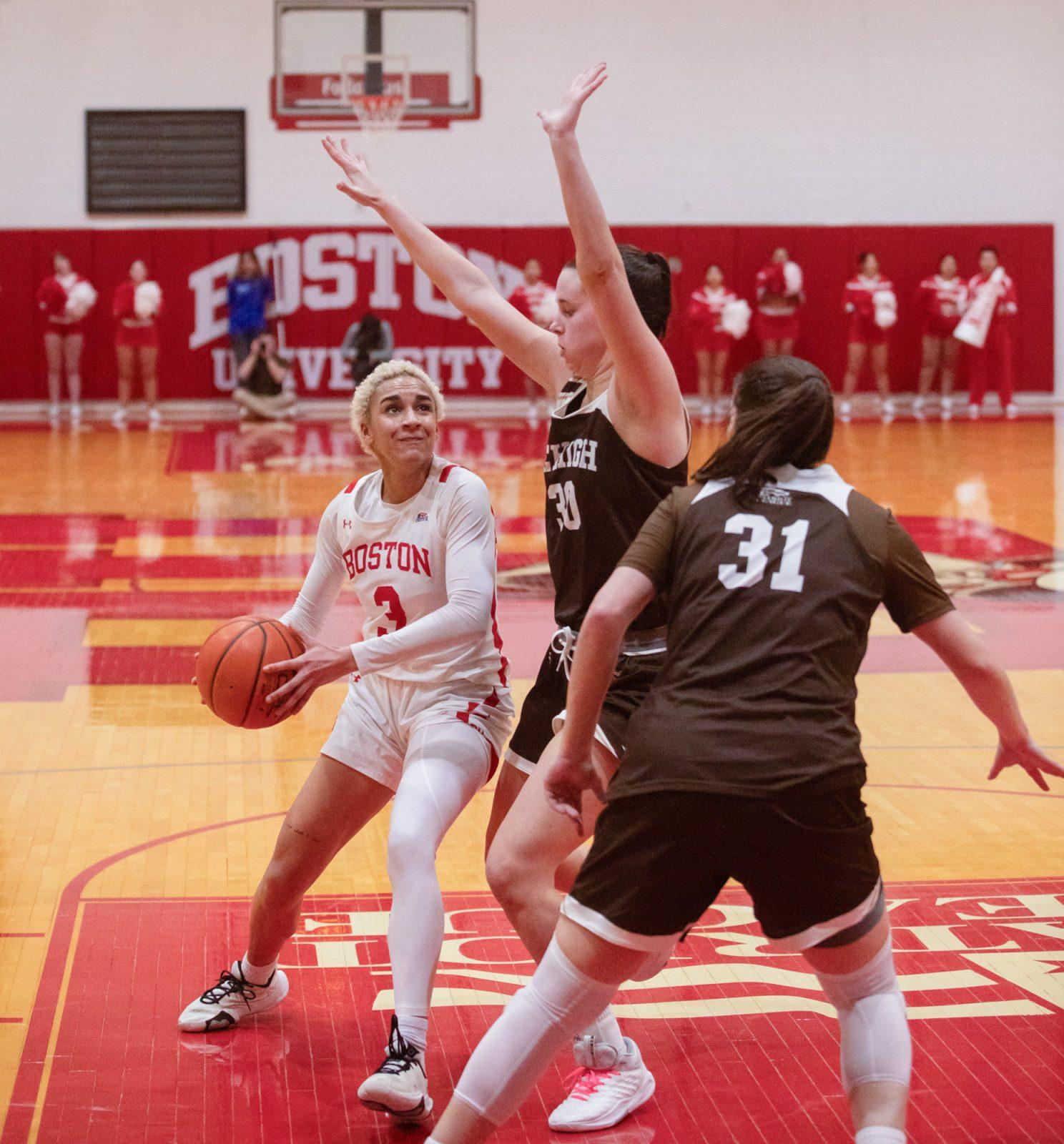Last week, I wrote about the recent changes in NCAA regulations in the wake of the Reggie Bush recruiting violations. In case you need a refresher, Bush took money and other gifts from agents during his tenure at the University of Southern California, which has now cost the school the 2004 season, bowl appearances for the next two years and 10 football scholarships per year for the next three years.
Many people have proposed different solutions to the problem of agents interfering with college sports. Some of these ideas, such as better regulation of agents, are valid and should be pursued. Other ideas, such as actually paying college athletes, violate the idea that student-athletes are in school for the student part, not just the athlete part.
I think it's time we meet in the middle: the professional sports major.
There are many problems athletes face off the field after college. Things like dealing with agents, talking to the media and, contrary to what Charles Barkley may say, at least pretending to be a role model. Some simply fail to succeed in the face of such problems. A professional sports major could help to at least prepare athletes for their futures.
For example, how many times a year does a story break about a professional athlete going bankrupt? All of their friends, far-flung family members, divorce lawyers and agents want a piece of the small fortune successful athletes get when they go pro. The circuses surrounding athletes have broken far too many a bank to just be a coincidence. Some of the more recent and spectacular incidents include the following:
Take a look at Michael Vick. Sports Illustrated estimated the quarterback's annual income to be $25.4 million per year before he went to prison for dog fighting. Once Vick went to prison and declared bankruptcy, it was revealed just how much of a mess he was in; he was paying $30,000 in support per month to family and friends on top of numerous failed business ventures.
How about Antoine Walker? The former Celtics forward owes $12.3 million in part due to the large number of homes he owns, many of which are behind on payments. According to The Boston Globe, he also bought a new suit for every game of the 2002 NBA playoffs and was liked by teammates for the large dinner tabs he would pick-up on road trips.
There's also the story of Ken Jowdy, a real estate developer who convinced multiple high-profile NHL stars to invest in a Mexican resort, building up a fund of $25 million, which he blew on lavish parties with escorts and call girls.
There are also plenty of stories of athletes who seem to like spending time in jail.
Adam "Pacman" Jones is one of the best examples. Two years into a successful NFL career with the Tennessee Titans, Jones was involved in a shooting at a Las Vegas nightclub and was sentenced to one year's probation as part of a plea deal with the Clark County District Attorney.
Plaxico Burress was the star of Super Bowl XLII, but shot himself in the leg with an unregistered handgun in a Manhattan nightclub in 2008. He is serving two years in jail.
There are hundreds, if not thousands, of athletes in professional sports with stories like these. That brings us back to the original point, that having a professional sports major could solve all of this.
Athletes need to know how to handle themselves in college and beyond. With news outlets such as Deadspin.com waiting for athletes at all levels to make mistakes off the field, it is important that athletes know how to handle themselves at the college and professional levels, where there are fewer people offering good advice and more people chasing after them.
Does the idea of this major violate the concept of amateurism? In some ways, yes. It does place less of a value on athletes going to college for the education as well as for sport. However, it helps to prepare top-level athletes for the real world, where they will encounter off-the-field distractions much larger than writing papers.
It's also not fair to say this idea is for everyone. For the many colleges and universities that do not churn out large numbers of pro athletes, this should not even be considered.
Instead, this is something intended for large schools with athletic programs across the board that have alumni competing after college. Places such as USC, the University of Florida, Ohio State University and the University of Notre Dame. These are the schools that have enough athletes with large contracts in their dreams to justify a professional sports major.
Would this solve all of the problems athletes face? No. However, it would help college athletes realize they don't need agents and advisors around them when they can get a degree that best prepares them for the field they want to pursue.
HAYES: Time to consider ‘pro sports’ major
By Daily Free Press Admin
•
September 29, 2010
0
More to Discover



















































































































